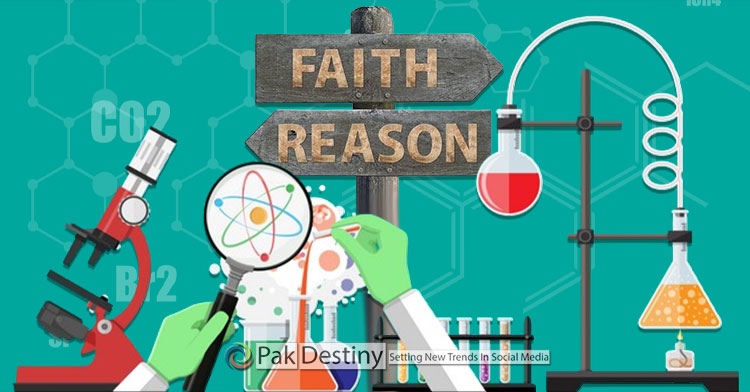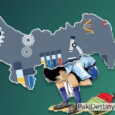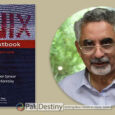
By Syed Shujaat Hussain
To cover aspects of human life: physical, intellectual, emotional, and spiritual, the need for an integrated approach to developing full potential of human beings for the betterment of self and humanity is required. To prevent chaos and disorder in the universe/ cosmos, equally applicable to this earth, there must be some framework and universal laws applicable to everything in existence, failing which the humanity had all the potential to destroy itself and also everything around it. With an endowment of independent mind, intellect, willpower, creative and innovative abilities, freedom of choice, power to overcome the known laws of nature, inherited or acquired emotions which dictated our behaviour patterns especially ethics and morality that were not only to be taught but lived at-home, in schools and later in society, there had to be a stabilizing force of spirituality emanating from the “Source” of all creation” (may be assigned any name) to maintain a balance and equilibrium in life as well as in nature.
Looking at the universe from a scientific angle, “there are two fundamental pillars: One is Einstein’s theory of general relativity for understanding the cosmos on the macro scale: i.e. stars, galaxies, clusters and beyond; the other is quantum mechanics for understanding the universe on the micro level at the smallest of scales: i.e. molecules, atoms, and down to subatomic particles. String Theory propounded by Greene reconciles the conflicts between the above two theories as reflections of one grand physical principle or equation which the scientists are still trying to figure out According, Greene reconciles the conflicts between the above two theories as reflections of one grand physical principle or equation which the scientists are still trying to figure out. According to Greene, universe consists of eleven dimensions, where the fabric of space tears and repairs itself and all matter, generated by the vibrations of microscopically tiny loops of energy which might lead to reformulation of quantum mechanics.”
How can, therefore, anyone deny the presence of the “Creator” of this perfectly balanced universe at macro and micro levels and His perpetual involvement in its continued existence, irrespective of adverse human interventions.
There is another age-old debate going on nature versus nurture, i.e., genetics verses environment, which is leading us to a paradigm shift towards development of tools to effectively manage the nurture part i.e. go beyond the question of whether it is nature or nurture, to the more critical and timely question that with the given genetic endowment, how can we optimize our responses to genetic as well as social environmental challenges, both internal and external, that surround us.
There is another issue on how to remove the prevalent ills in society, it is suggested that ethics should be introduced as part of our syllabi in all educational institutions. As per general perception, ethics can be defined as moral principles that control or govern our conduct. Looking at it in a broader perspective, it has multi-dimensional facets having deep and strong links, both direct and indirect, with our value systems developed through an evolving historic process by which a certain pattern of behaviour emerges, and establishes its conformity or non-conformity with the norms and criteria, laid down by society, which varies from place to place, region to region, religion to religion, culture to culture, both at the individual and collective levels, and would eventually influence .our genetic makeup/tendencies over a prolonged period of time. The roots of ethics are also deeply embedded in spirituality and its derivatives which are almost universal in their essence. A word of caution: if behavioural sciences are considered too narrowly or rigidly as a final word, it can curtail the freedom of individuals and society to make conscious choices and decisions without which human potential will be difficult to develop, and we will be producing robots.
The author is former Engineer- In-Chief & Founding Rector National University of Sciences & Technology (NUST)


